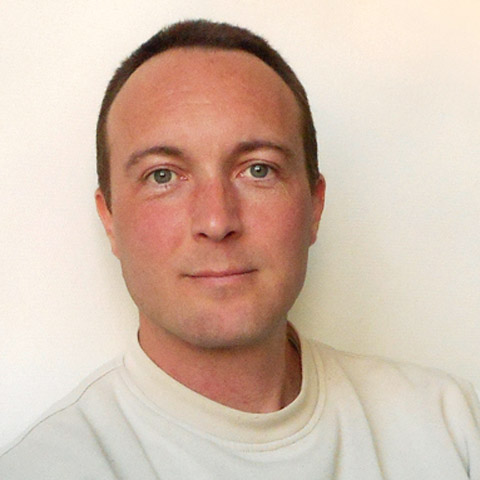KLI Colloquia are invited research talks of about an hour followed by 30 min discussion. The talks are held in English, open to the public, and offered in hybrid format.
Join via Zoom:
https://us02web.zoom.us/j/5881861923?omn=85945744831
Meeting ID: 588 186 1923
Spring-Summer 2026 KLI Colloquium Series
12 March 2026 (Thurs) 3-4:30 PM CET
What Is Biological Modality, and What Has It Got to Do With Psychology?
Carrie Figdor (University of Iowa)
26 March 2026 (Thurs) 3-4:30 PM CET
The Science of an Evolutionary Transition in Humans
Tim Waring (University of Maine)
9 April 2026 (Thurs) 3-4:30 PM CET
Hierarchies and Power in Primatology and Their Populist Appropriation
Rebekka Hufendiek (Ulm University)
16 April 2026 (Thurs) 3-4:30 PM CET
A Metaphysics for Dialectical Biology
Denis Walsh (University of Toronto)
30 April 2026 (Thurs) 3-4:30 PM CET
What's in a Trait? Reconceptualizing Neurodevelopmental Timing by Seizing Insights From Philosophy
Isabella Sarto-Jackson (KLI)
7 May 2026 (Thurs) 3-4:30 PM CET
The Evolutionary Trajectory of Human Hippocampal-Cortical Interactions
Daniel Reznik (Max Planck Society)
21 May 2026 (Thurs) 3-4:30 PM CET
Why Directionality Emerged in Multicellular Differentiation
Somya Mani (KLI)
28 May 2026 (Thurs) 3-4:30 PM CET
The Interplay of Tissue Mechanics and Gene Regulatory Networks in the Evolution of Morphogenesis
James DiFrisco (Francis Crick Institute)
11 June 2026 (Thurs) 3-4:30 PM CET
Brave Genomes: Genome Plasticity in the Face of Environmental Challenge
Silvia Bulgheresi (University of Vienna)
25 June 2026 (Thurs) 3-4:30 PM CET
Anne LeMaitre (KLI)
KLI Colloquia 2014 – 2026
Event Details

Topic description:
Life is a chemical reaction. Or, more precisely, life is a functionally closed and self-sustaining chemical reaction network. In other words, living systems produce their own components, in such a way as to maintain and regulate the chemical reaction network that produced them. During the 1970s, several researchers independently developed formal models of a minimal living system based on the above definition. However, most of these models do not explain how these systems could have emerged spontaneously from basic chemistry. They provide insights into the organization of life, but not necessarily its origin. Now, a new mathematical framework, based on the original notion of autocatalytic sets, is able to shed more light on both of these aspects. Autocatalytic sets capture the functionally closed and self-sustaining properties of life in a formal way, and detailed studies have shown how such sets emerge spontaneously, and can then evolve further, in simple models of chemical reaction networks. Furthermore, this new framework has been applied directly and successfully to real chemical and biological networks. Thus, the autocatalytic sets framework provides a useful and formal tool for studying and understanding both the origin and organization of life. In this talk, I will give a non-technical overview of the background, concepts, and main results of the formal framework, and how it can perhaps be generalized beyond chemistry and the origin of life to entire living systems, ecological networks, and possibly even social systems like the economy.
Biographical note:
Wim Hordijk is a computer scientist working in the areas of computational biology and bioinformatics. He was a graduate fellow at the Santa Fe Institute for several years, and during the next 10 years he worked on many short-term research and computing projects all over the world. He is currently based in Lausanne, Switzerland, as an independent researcher/consultant. Next to providing some computational support to other scientists, his own research has focused primarily on autocatalytic sets and the origin and organization of life.


